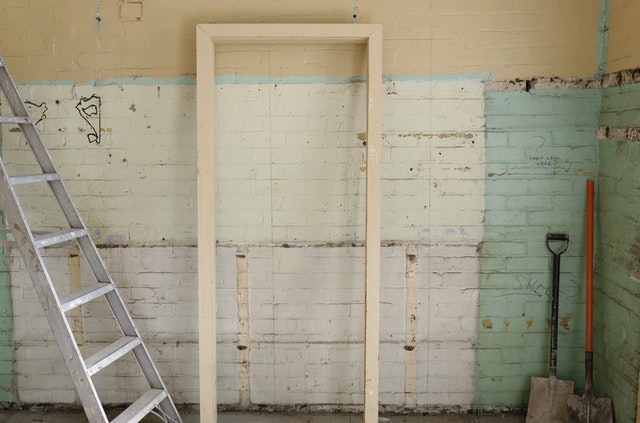 Reality TV shows have energized everyday people to dive into the real estate market and make money flipping houses. The dramatic presentation and profitable end results make the industry seem like a sure thing. But house-flipping, like any industry, has its share of challenges.
Reality TV shows have energized everyday people to dive into the real estate market and make money flipping houses. The dramatic presentation and profitable end results make the industry seem like a sure thing. But house-flipping, like any industry, has its share of challenges.
Television often props up ratings by showing industry pros overcoming adversity and getting a big win. But reality, unlike Reality TV, is filled by behind-the-scenes unknown obstacles. While house-flipping has emerged as a viable niche profession, these are some of the common misconceptions entrepreneurs may want to consider before wading into the business.
Perfect Properties Are Available
On television, the home-flipping team often settles on that perfect property that will yield amazing results. It’s important to understand that’s a Hollywood formula designed to improve viewership.
In reality, the perfect home is like finding a unicorn. Most flipping projects deal with less-than-perfect properties. What remains important for home-flippers is that the property enjoys structural integrity and the basic elements are in place.
Projects Run On Time
Watching a home-flipping show makes the process seem quick and easy. After all, many of the shows run between 30 minutes and one hour. Your project time will be considerably longer.
Starting with a listing search through the initial buy, even industry insiders spend months securing a property. After that, the permitting process can be onerous and renovations are commonly met with unforeseen setbacks. Whether you discover mold behind walls or structural issues, remodeling generally experiences delays. Once you get everything copacetic, inspection waiting periods can be excessive. Projects rarely run on time.
Construction Budgets Are Just Math
Watching a TV personality whip out a calculator and add up remodeling costs makes it look simple. There are square footages, materials, labor and other tangibles. Home builders and remodeling professionals are quick to dispute such simplicity because too many “intangibles” exist.
Consider replacing the clapboard on the exterior of a home. One might expect to calculate the square footage and order an equal amount of material. But an experienced contractor might tell you to start by ordering an additional 10 percent to account for waste. That’s because a percentage of material that gets cut might not be reusable.
After accounting for that 10 percent, add another 10 for human error. Many types of clapboard require builders to set the commercially-cut end to the interior only. When inexperienced workers make erroneous cuts, increased waste can be produced. This theme runs across a variety of materials and other aspects of construction. It’s unlikely your crew will be filled with 25-year veterans. Mistakes are more common and costlier than you might expect.
ROI Can Be Measured Accurately
Beginner home-flippers tend to look at the cost of the property, add updating costs and the average market value of similar homes as the basis for determining return on investment (ROI). But selling prices can be more fickle than one might expect.
Today’s home buyers are looking for certain things from newly renovated properties. The math no longer amounts to adding total rooms, bathrooms, square footage and location. While the country is in the midst of a seller’s market due to a significant inventory shortage, home-flippers would be wise to calculate ROI based on a sliding scale.
If the property lacks the conveniences favored by Millennials or other groups buying up homes, it could sell for less than expected. That’s another reason why home-flippers are wise to enlist the guidance of a local real estate professional to gain a reasonable grasp on home trends and pricing.
Don’t forget to calculate in the costs of financing your project. Most often, people utilize a lender to help carry costs. It’s important to meet with your trusted mortgage professional to find the best terms for financing prior to starting your new endeavor.
 Reality TV shows have inspired people to flip houses for profit. They make it look fun, easy and the type of business anyone with some capital can get into.
Reality TV shows have inspired people to flip houses for profit. They make it look fun, easy and the type of business anyone with some capital can get into.